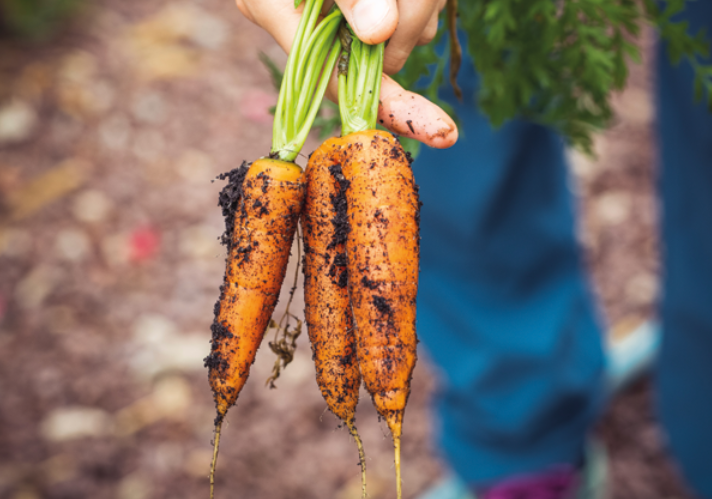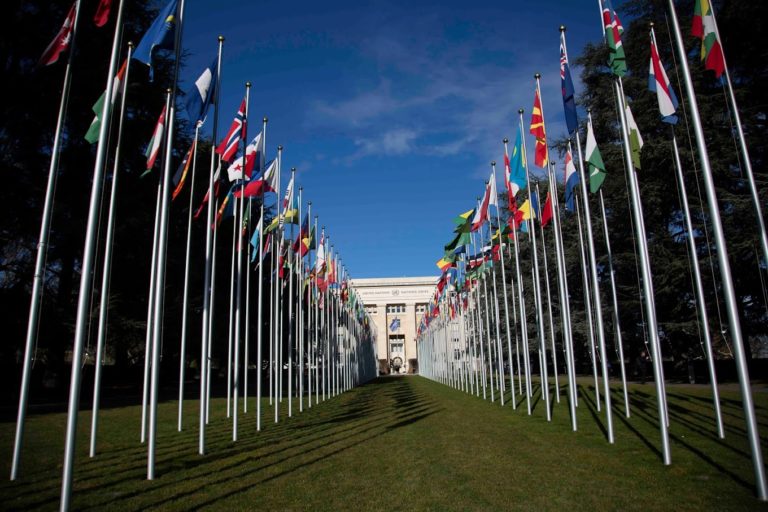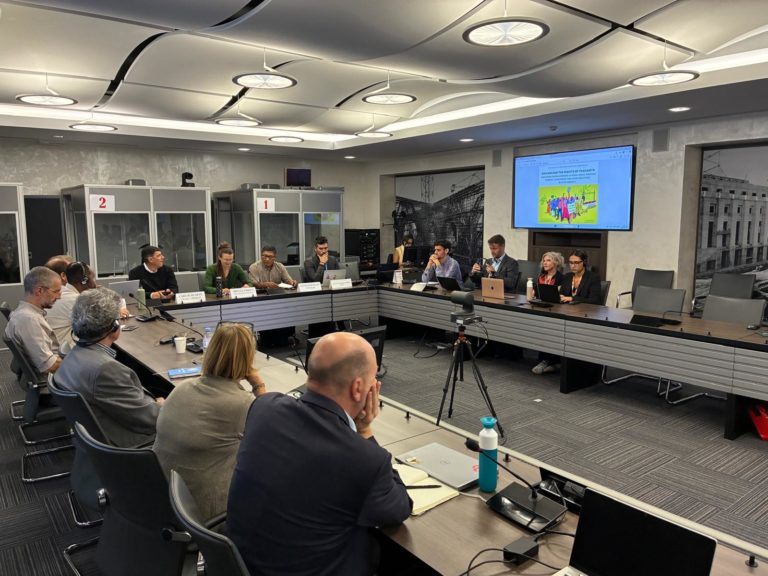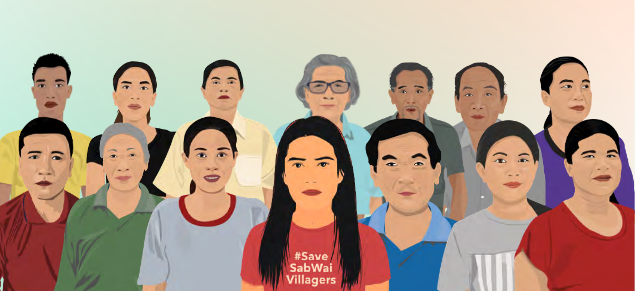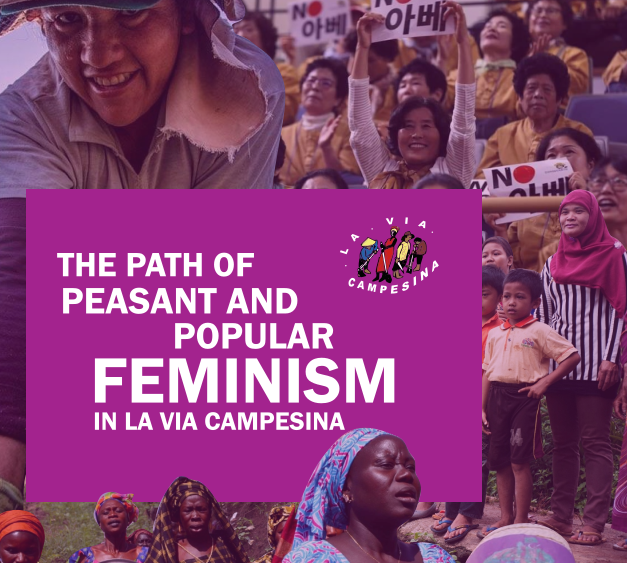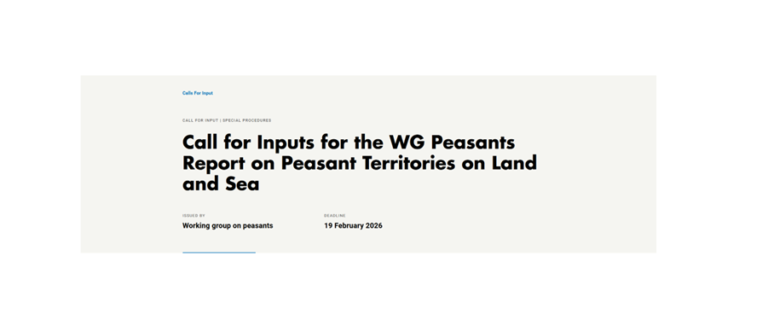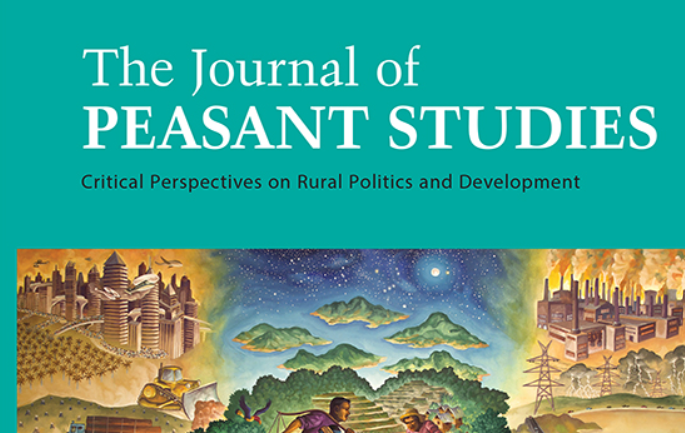UNDROP: a key to a just transition to agroecology
This briefing paper was first published on Fian International website on September 19th, 2023. You can find it here.
The global food crisis, rising inequalities and the triple planetary crise of climate change, biodiversity loss, and pollution are stark reminders that maintaining the status quo is no longer viable. We urgently need to embark on a just transition towards economic systems that are fair, healthy, and sustainable. UNDROP is a key instrument to promote such a just transition to agroecology.
The articles 13, 15, 19 and 20 of UNDROP promote a transition towards more healthy, sustainable and just food systems. Some of the rights enshrined in UNDROP that are essential for agroecology are the rights to land, seeds, biodiversity, water for irrigation, the right to have access to and to use natural resources in a sustainable manner, the right to the conservation and protection of the environment, the right to adequate training suited to the specific agroecological environment in which peasants find themselves, and the right to food sovereignty.
Fulfilling these rights would facilitate a just transition to agroecology, and reciprocally, the implementation of agroecology would contribute to the realization of these rights.
The rights of women, Indigenous Peoples, workers, peasants, fishers, pastoralists, and other small-scale food producers and communities must provide the parameters for a truly equitable, just, and sustainable transformation of food systems.
For States it means that in order to support a transition to agroecology, they must adopt binding transition plans which include gender-sensitive support mechanisms for rural populations and Indigenous Peoples, in line with UNDRIP, UNDROP, CEDAW and ILO conventions.
In this briefing paper FIAN International examines the concept of a just transition from the right to food and nutrition perspective, arguing that only a systemic, multisectoral and human rights-based transition can guarantee a safe, sustainable, and just future for all.
Drawing upon the arguments of United Nations experts and concrete experiences from diverse communities, the briefing outlines specific legal and policy actions that governments can take to facilitate a just transition to agroecology.
The knowledge, practices, and innovations of Indigenous Peoples, peasants, small-scale fishers, pastoralists, and other rural people must be recognized and protected (UNDROP Art. 20) and their right to effective, meaningful and informed participation (UNDROP Art. 10) guaranteed throughout the transition process.

